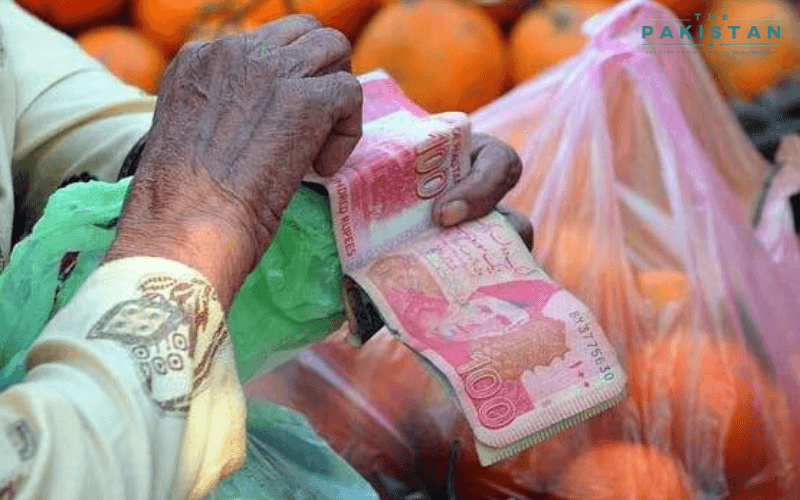
Pakistan’s inflation rate at 8.59 percent in June 2020
The CPI-based inflation during the month of June clocked in at 8.59 percent, data released by the Pakistan Bureau of Statistics (PBS) showed on Wednesday.
“CPI inflation general increased by 8.6pc on a year-on-year basis in June as compared to an increase of 8.2pc in the previous month and 8pc in June 2019. On a month-on-month basis, it increased by 0.8pc in June as compared to an increase of 0.3pc in the previous month and an increase of 0.5pc in June 2019,” the press release issued by the PBS said.
CPI urban inflation, increased by 7.6pc on a year-on-year basis in June whereas that of the rural, increased by 10.0pc on a year-on-year basis in the month.
On a cumulative basis, inflation during the current fiscal year clocked in at 10.75pc — highest since 2011. The high inflation rate in the current fiscal year was attributable to the rupee’s depreciation, rising fuel and utility prices and supply shocks to the food items in the country.
However, some of these pressures waned in the first quarter of the calendar year 2020 after the emergence of Covid-19. The pandemic led to a steep fall in oil prices and cut down demand from consumers improving the overall inflation outlook for the country.
But analysts warn that the recent record increase in the fuel prices announced three days ago may increase the inflation rate in the month of July. Moreover, reports of increase in prices of non-perishable items will also put upward pressures on prices.
The food items that saw their prices increase during the month include: potatoes, up by 72.01pc, pulse moong 71.07pc, pulse mash 46.1pc, eggs 44.85pc, butter 37.15pc, pulse masoor 34.76pc and beans 30.73pc whereas prices of the kitsch staples onions and tomatoes decreased by 35.62pc and 22.87pc respectively.
Meanwhile, in the non-food item category, the gas charges increased by 54.84pc, woolen cloth 13.15pc, construction input items 12.25pc and furniture and furnishing 10.45pc. On the flip side, the prices of motor fuel decreased by 28.03pc, electricity charges 3.54pc and liquefied hydrocarbons 3.45pc.



